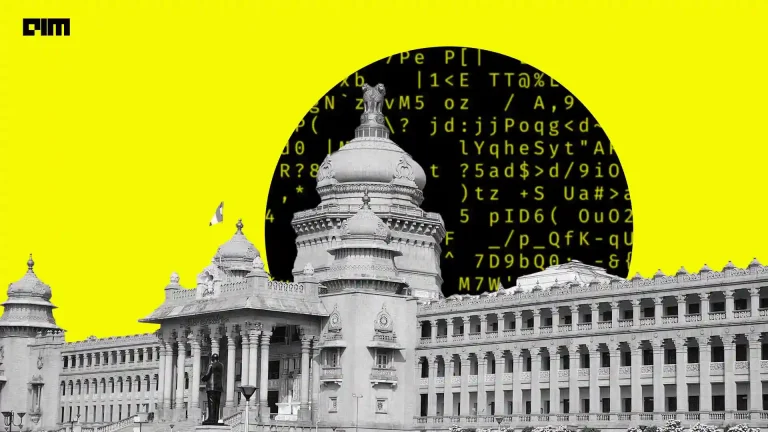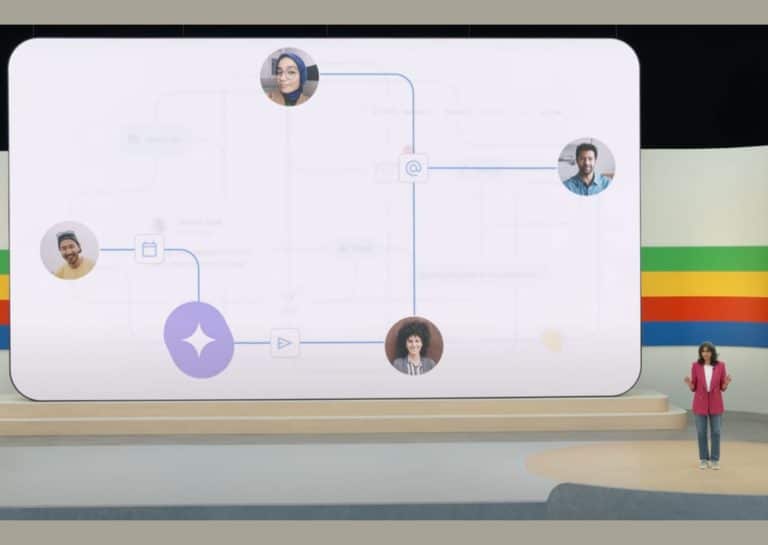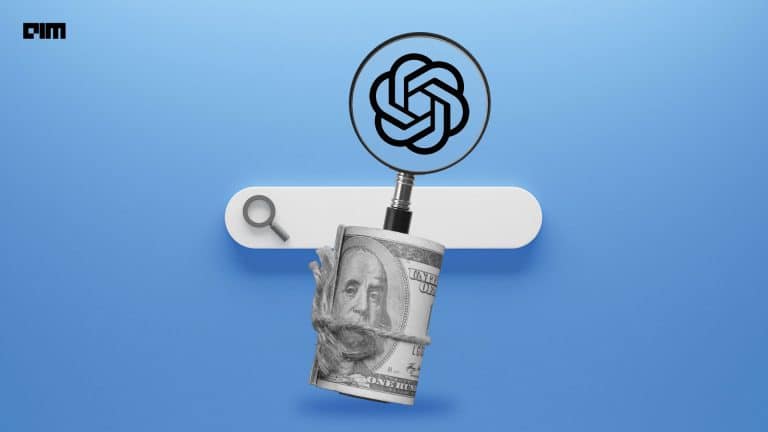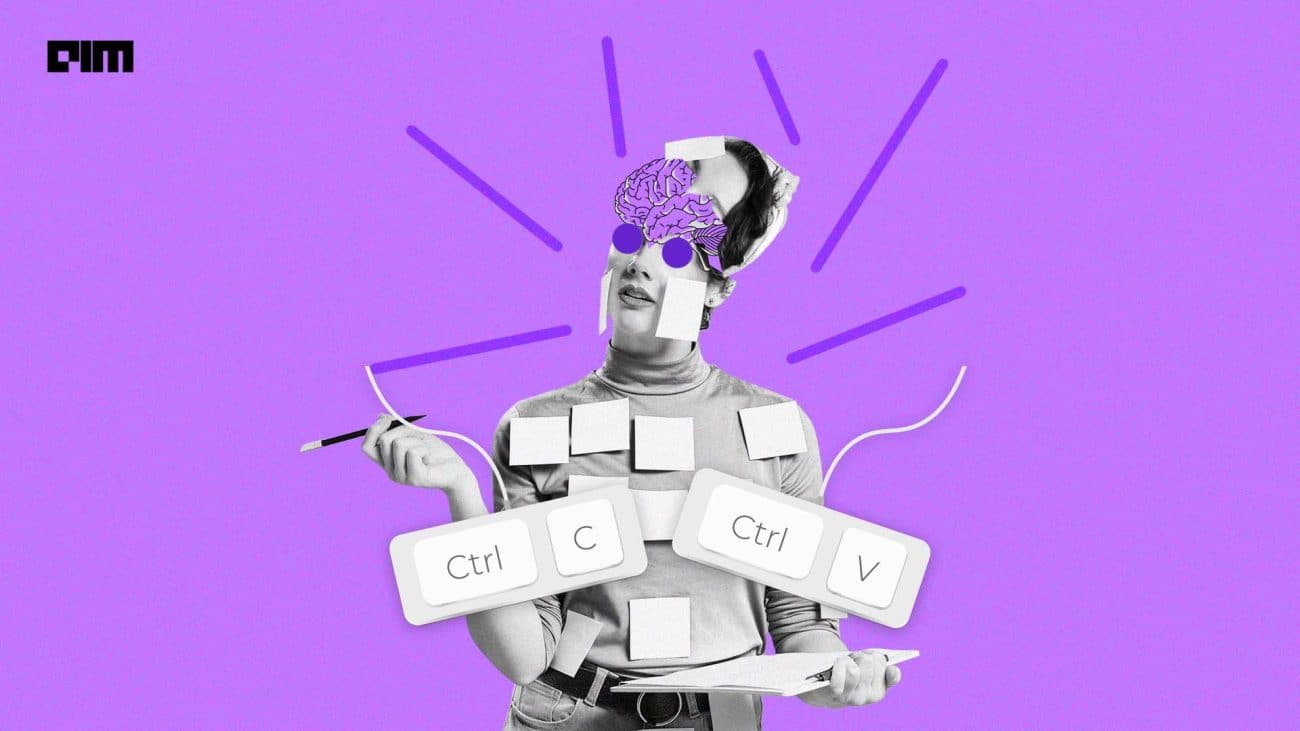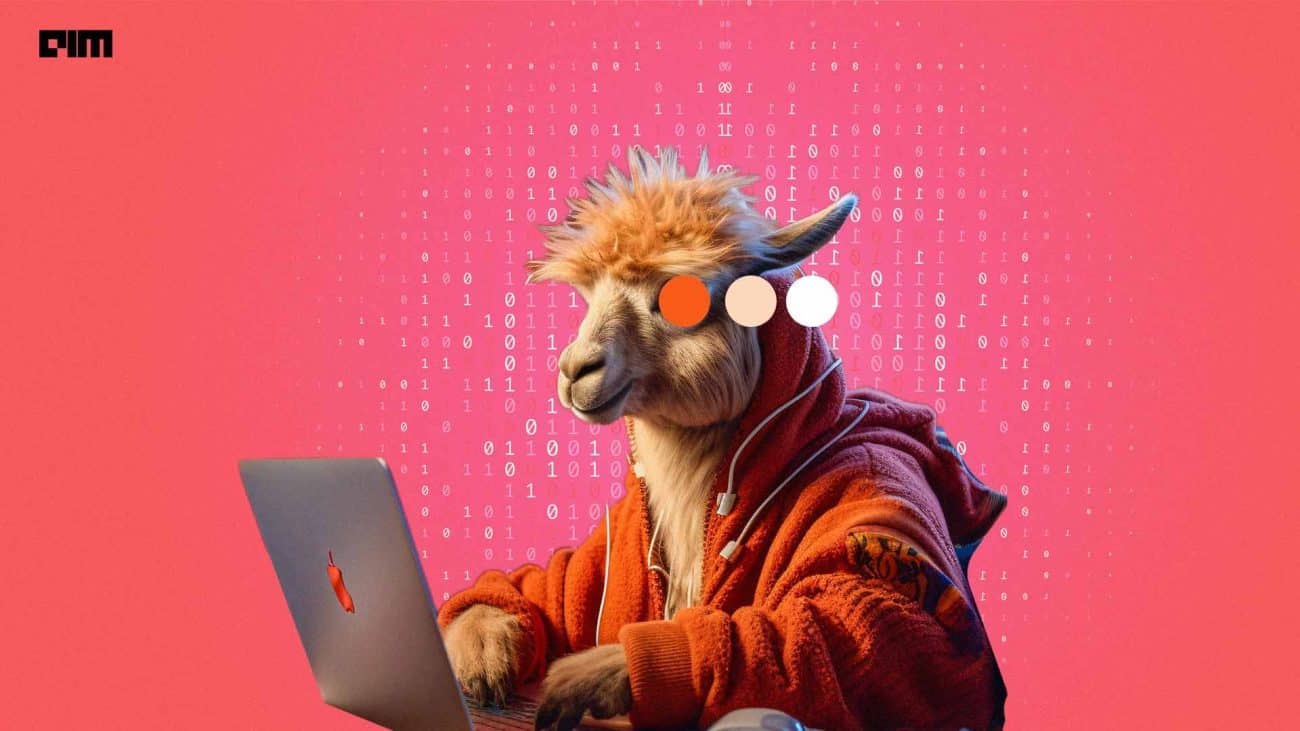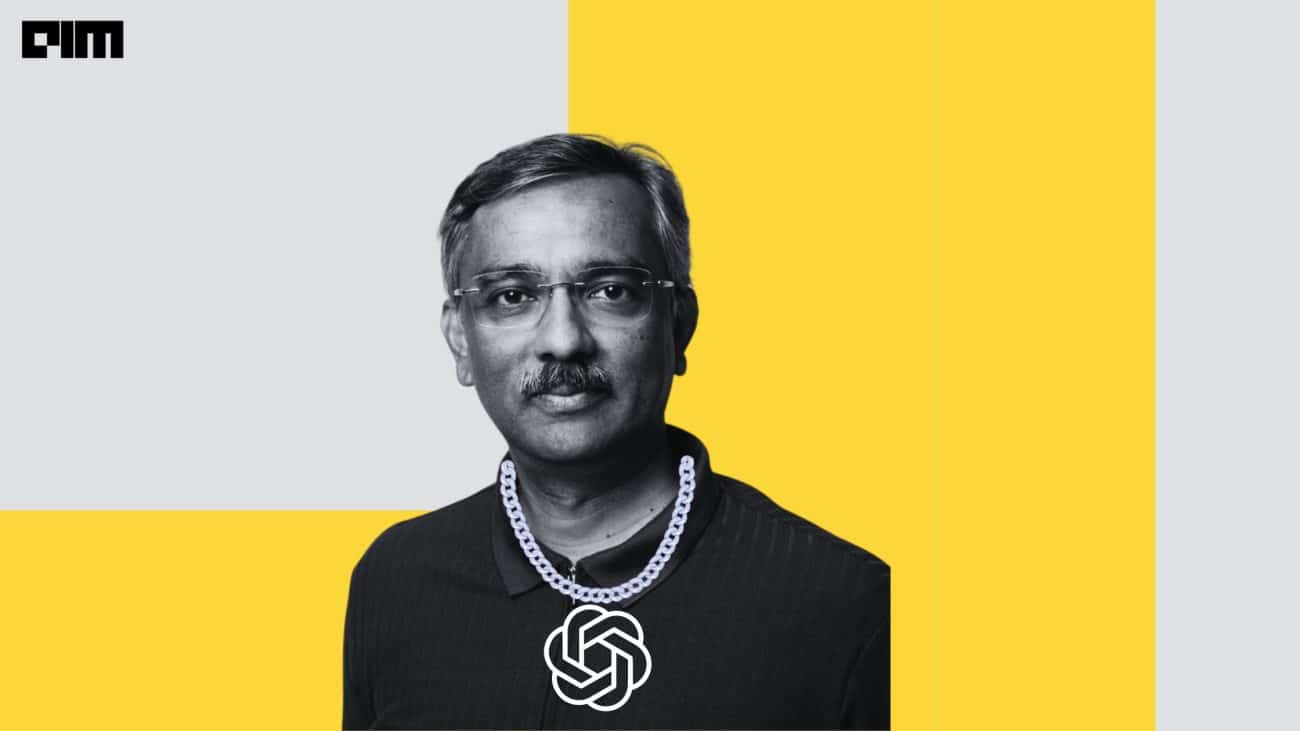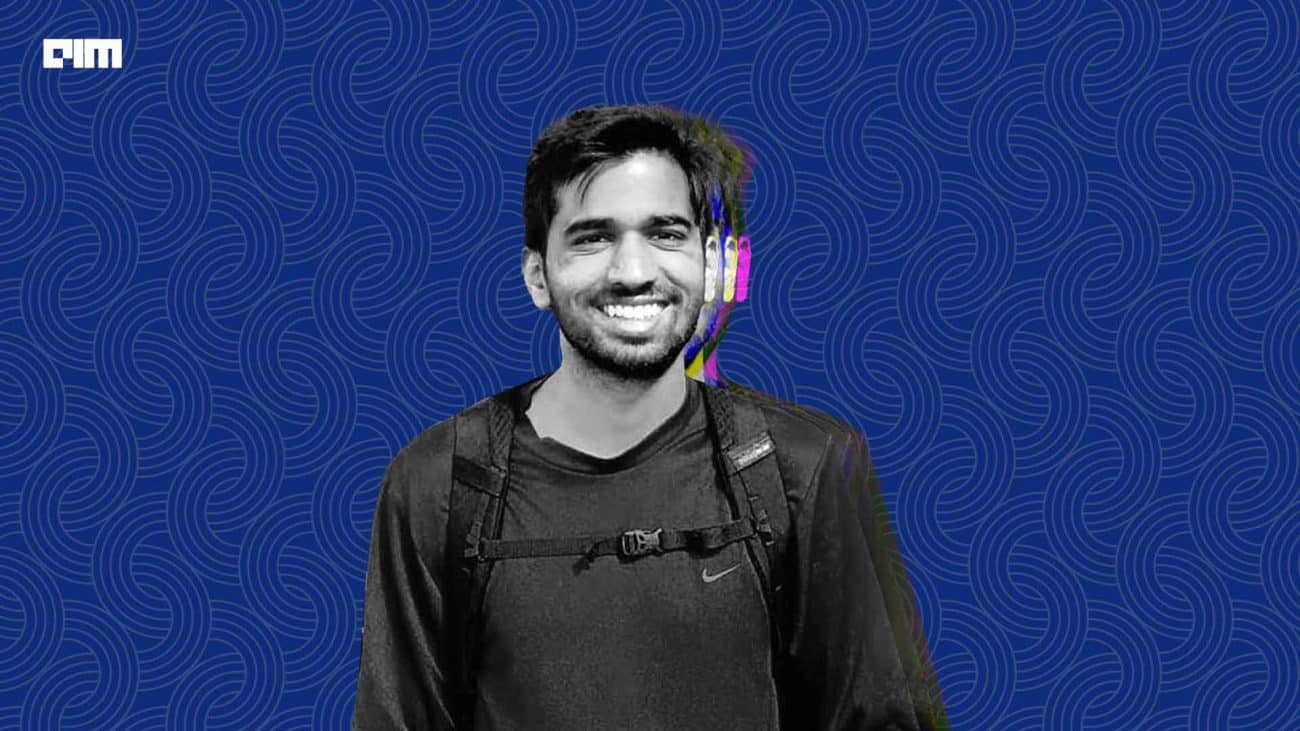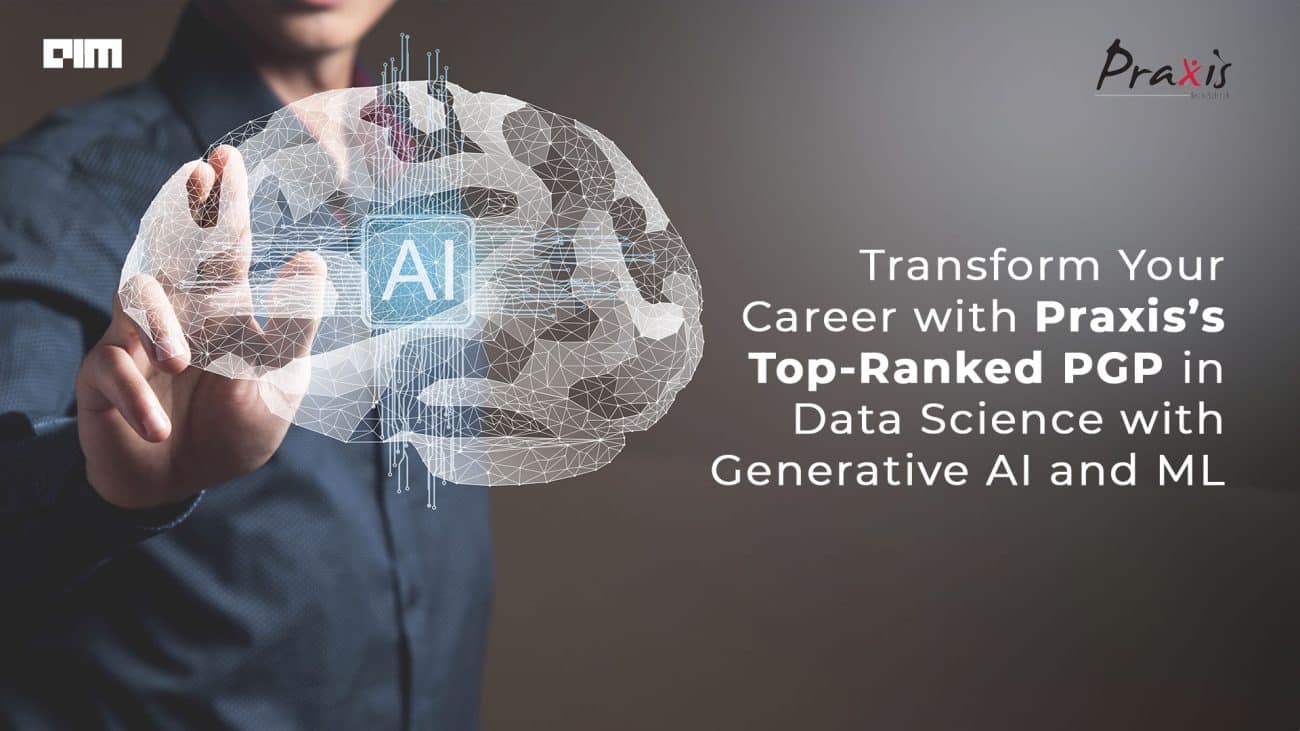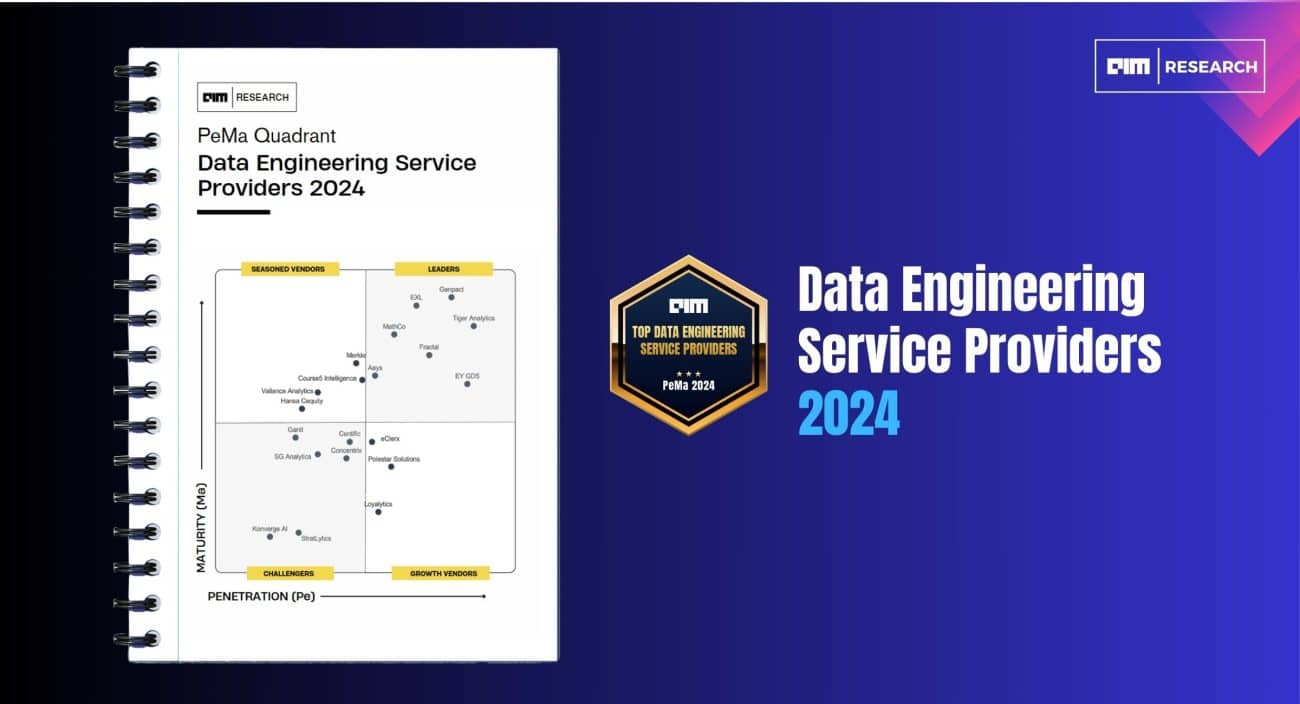|
Listen to this story
|
AI research labs, including OpenAI, have voluntarily joined forces to strengthen the safety, security, and trustworthiness of their AI products and services. Citing the importance of effective AI governance both domestically and globally, coordinated by the White House, OpenAI has released an eight-point document outlining its commitments. While the document provides a surface-level overview of the commitments, it does not delve into the specifics of how these companies plan to execute them.
One commitment revolves around developing mechanisms for users to differentiate between AI and human-generated content, be it audio or visual. However, the AI community does not have effective strategies to achieve this. For instance, announced at Google I/O, the company’s plan to watermark visual content remains in the research stage and is yet to be implemented.
“Policymakers around the world are considering new laws for highly capable AI systems. Today’s commitments contribute specific and concrete practices to that ongoing discussion. This announcement is part of our ongoing collaboration with governments, civil society organisations and others around the world to advance AI governance,” said Anna Makanju, VP of Global Affairs in the statement.
The commitments laid out by the White House align with existing laws and regulations. However, AI companies are encouraged to make additional commitments beyond the outlined guidelines.
Key safety guidelines include making red teaming mandatory for these AI companies and publicly disclosing red-teaming and safety procedures in their transparency reports. Information sharing and standardisation are also emphasised, with companies committing to joining forums or mechanisms like the NIST AI Risk Management Framework to understand safety and societal risks.
To enhance security, these companies will treat unreleased AI model weights as core intellectual property and restrict access to authorised personnel. Additionally, introducing bounty systems, contests, or prizes to encourage responsible disclosure of weaknesses and unsafe behaviours will be part of their security strategy.








